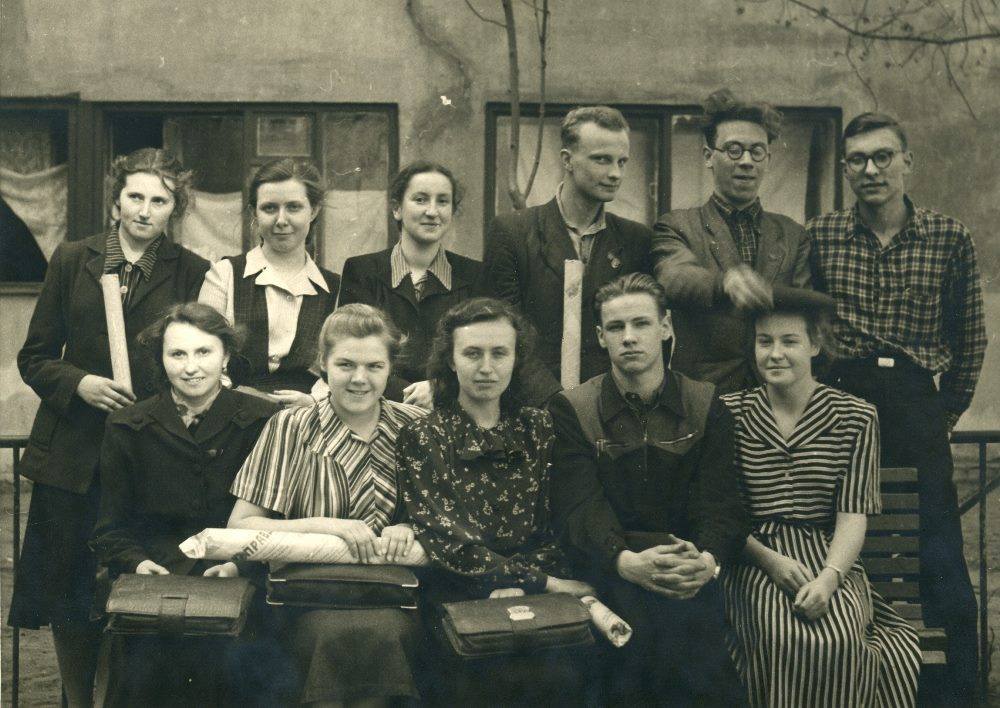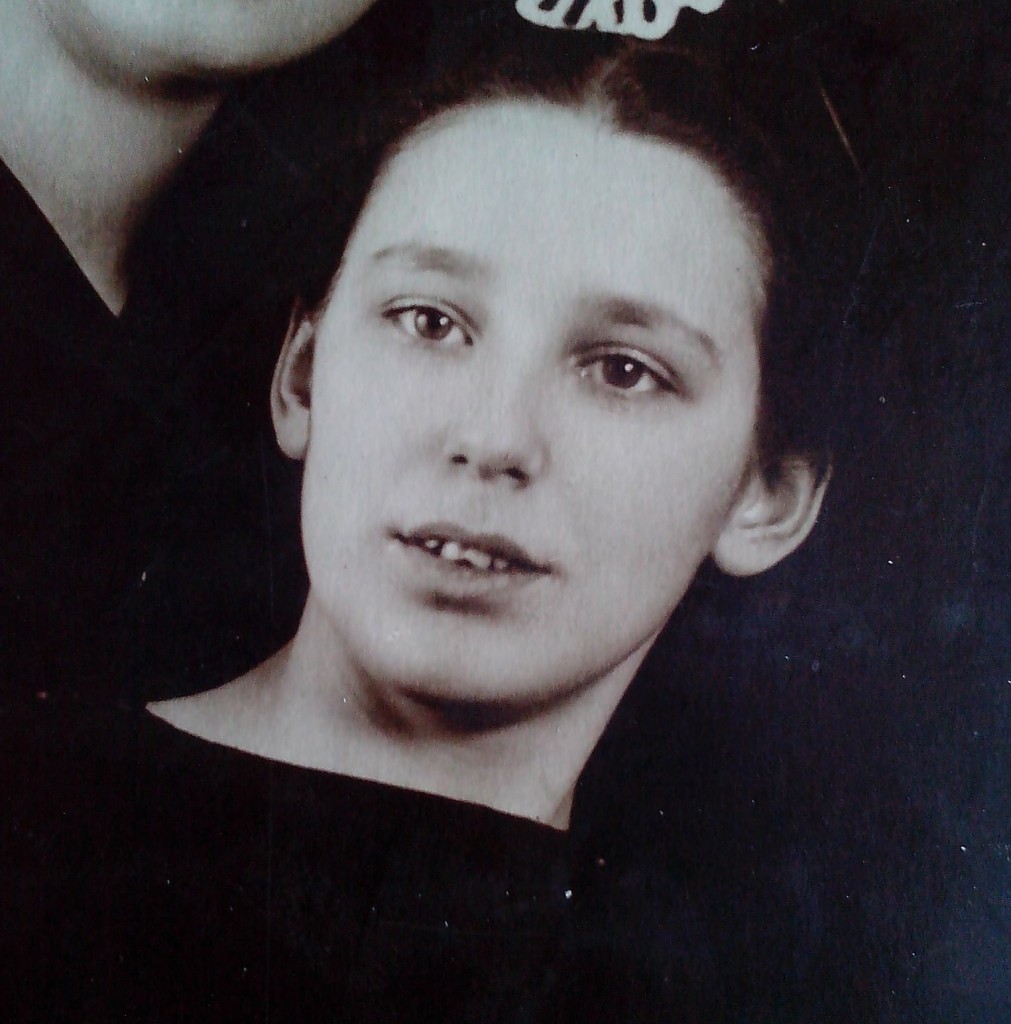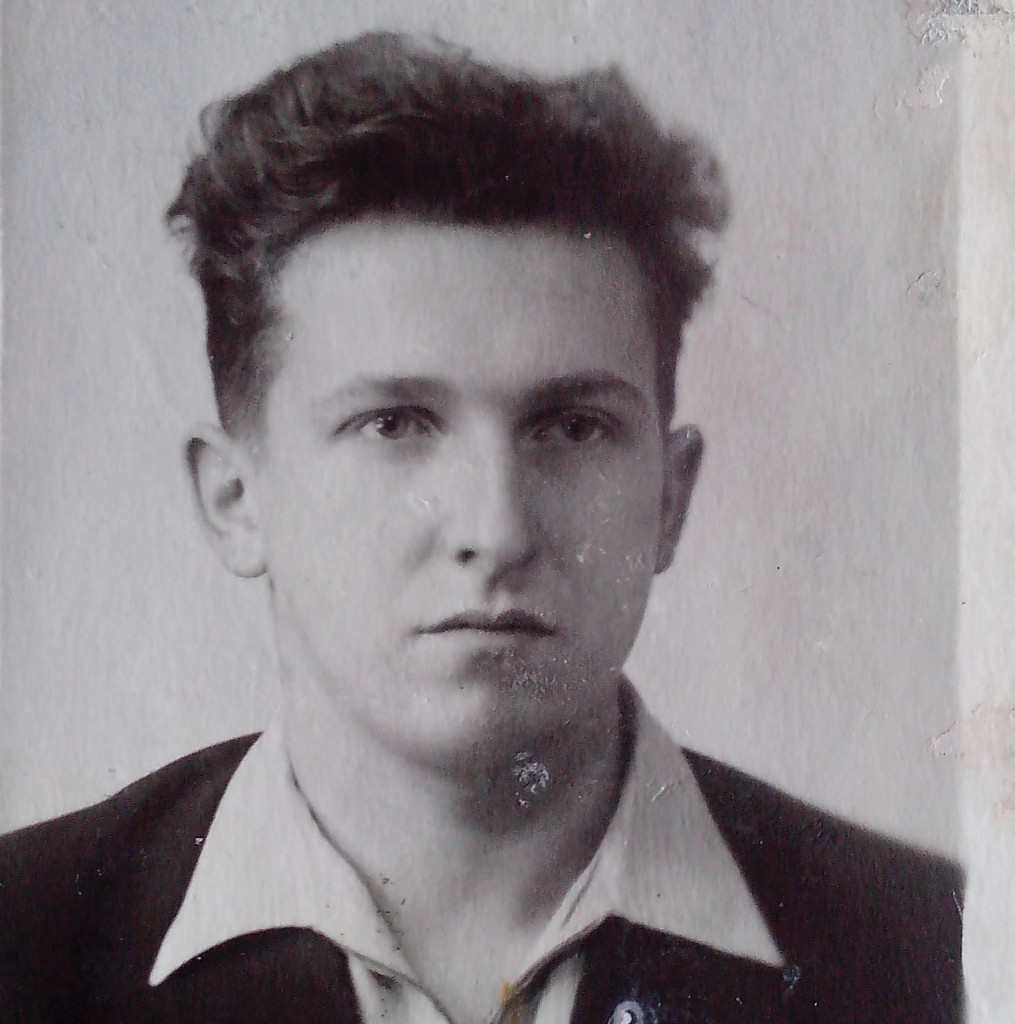Higher Education in USSR: How Moscow “Forged” its Talents (Part 1)
1,168 views / 18 Jul 2015
Did you ever wonder what post-secondary education was like in the USSR? How did the Communist ideology influence universities – were they oppressive and dull, or insightful and unbiased? Daria Zakharova spoke with four people who went to four different universities during the Soviet era. Each of the former students studied under four different leaders – Joseph Stalin, Nikita Khrushchev, Leonid Brezhnev and Mikhail Gorbachev. The first part of the series features the Stalin and Khrushchev eras.
By Daria Zakharova
Bella Striganova, 83, studied in the Faculty of Biology at Moscow Pedagogical Institute between 1948-1953 during the Stalin Era.
Daria Zakharova: What was distinct about university entrance requirements during the time you studied?
Bella Striganova: Those were times when the government persecuted certain academics from natural sciences, such as biology, due to their disagreement with Soviet post-war agricultural policies. My father, Raphael Striganov, was one of them. He was a scientist, but during World War II he served as an army doctor. Before the war, he was doing scientific research on the restoration and repair of human body tissues. When the war ended populist pseudo-biologist Trofim Lysenko became Stalin’s favorite. He predicted unprecedented amounts of harvest in a very short term, but his research methodology was at odds with classical agrobiology. Lysenko’s methods were denied by leading Soviet biologists, who had known that his research was incorrect. However, since Lysenko was close with Stalin, scientists who disagreed with Lysenko lost their jobs and were later persecuted. My father happened to be one of them. When taking an exam to get into the Faculty of Biology at Moscow State University (MSU) I was asked in a stern tone if I had known what kind of research my father had published. That was the end of my aspiration to study at MSU. I entered the Pedagogical Institute instead.
Daria Zakharova: What was special about the time when you studied?
Bella Striganova: Because it was the Pedagogical Institute, the communist ideology was taught to a greater degree than in other universities. The Communist Party’s involvement was excessive and many students were too submissive and deliberately praised the regime.
Daria Zakharova: What were students like back then?
Bella Striganova: There were students, like myself, who didn’t go to MSU for ideological reasons (for instance if their parents were considered the government’s “public enemies”). Some were girls who wanted to teach and bring the communist ideology into the masses, while others didn’t really care what they were studying. Snitching was common. I was often called into the office of the Communist party’s branch at the university after somebody had snitched on me. I was given tongue-lashings for my anti-social and anti-Komsomol behavior (Komsomol was All-Union Leninist Young Communist League). I silently opposed the university’s Communist Party branch and Komsomol governance.
Daria Zakharova: Did the Communist ideology influence education? Were there subjects in a study curriculum related to the Communist Party?
Bella Striganova: Apart from the history of the Communist party, we studied brochures published by Stalin. He wrote small bizarre papers on philology, politics, economics, agriculture, etc. We had to study them and later pass exams on these subjects. We truly hated it. Moreover, we studied different theories written by Nadezhda Krupskaya (the Bolshevik revolutionary, politician, the Soviet Deputy Minister of Education (1929 – 1939) and the wife of Vladimir Lenin). She believed the Soviet youth didn’t have to be educated in a variety of subjects, especially humanities. Only the ideas of Marxist-Leninism and manual labor trades would suffice, she thought. Such zombies. We despised her brochures as well. Besides weekly Komsomol meetings we had political lessons, which were nothing but brainwashing against the West and always told us how great Stalin was. We were not idiots though and we knew that “black wasn’t white and coloured was coloured.”
Daria Zakharova: What is the difference between modern students and students of your generation?
Bella Striganova: They are kids of their own place and time. There is a huge difference.
Daria Zakharova: Tell us about some interesting stories during your studies.
Bella Striganova: Expeditions organized by the Institute were the most interesting part of my studies. The first lecture of introduction into zoology determined what I’ve been doing my entire life. Although conversations with Komsomol and the Communist Party were unpleasant, they were funny. Once I was called into the office of the party branch at the Institute and asked why I had carried my Communist party ticket inside my trouser’s pocket, instead of a pocket beside my heart. I said I didn’t have pockets on my sweater. The Komsomol secretary suggested sewing a little pocket on my chest, so the party ticket was always beside my heart.
Alexander Jacobson, 76, studied between 1954-1959 at Mendeleyev University of Chemical Technology of Russia during the Khrushchev Era.
Daria Zakharova: What was distinct about university entrance requirements during the time you studied?
Alexander Jacobson: My Jewish background almost got me in trouble when I applied to University of Chemical Technology of Russia in 1954. Professors deliberately failed me during the entrance exams. The mark I received at a math exam was far lower than my genuine knowledge. But I decided to appeal the mark and fortunately I was able to get into the university.
Daria Zakharova: What was special about the time when you studied?
Alexander Jacobson: All course work was compulsory. We couldn’t choose elective courses, like in Western countries. I was very fortunate to witness the times when our professors were renowned scientists and engineers in our field.
Daria Zakharova: What were students like back then?
Alexander Jacobson: They were highly motivated. The majority of my classmates became well-known scientists and engineers.
Daria Zakharova: Did the Communist ideology influence education? Were there subjects in a study curriculum related to the Communist Party?
Alexander Jacobson: We studied the history of the Communist Party for two semesters. In addition, we studied Communist-related philosophy for one semester (dialectical and historical materialism). While the philosophy course was kind of interesting overall, the history of the Communist Party was just a great waste of time. Moreover, throughout eight semesters and two practicum terms we studied military education and training. As a result, I graduated as a lieutenant.
Daria Zakharova: Would you like to study in a different time?
Alexander Jacobson: I don’t think so, and here is my explanation why. I wouldn’t want to study earlier because the gloomiest and the scariest Stalinist time prevailed (Stalin died in 1953, while Alexander entered the university in 1954). It followed with the fight against the cosmopolites. The state attacked the biological sciences because of genetics; physics and chemical sciences suffered due to the cybernetics and the theory of resonance, respectively. On the other hand, five years after my graduation, the system of higher education started to deteriorate. Corruption began to prevail. When I was in university, nobody bribed or paid for studies, but five years after, it became quite common. This ultimately made the quality of education worse than before.
Daria Zakharova: In your opinion, what is the difference between modern students and students of your generation?
Alexander Jacobson: Students, who I see in Israel today, are much more motivated than we were. They have to work and study at the same time. We, on the other hand, just studied and had a lot more free time for entertainment.
Daria Zakharova: Tell us about some interesting stories during your studies.
Alexander Jacobson: There were too many funny moments! For instance, once a famous Indian scientist in our field came to Moscow to attend a conference. His name was Krishna Venkatraman and he was a Brahman who only ate fruits. Our university prepared a table full of fruits (which was hard to do in Moscow during the winter of 1957) and our Department Chair Professor Vorozhkov was to receive Krishna in his office. Unfortunately, there was a student’s chemical lab next to the Chair’s office. When guests along with Krishna entered the Chair’s office, the flask with chlorosulfuric acid blew up in the lab. Condensed and smelly white smoke quickly spread across the entire office. As a result, the guest delegation had flee to the opposite end of the university. We messed up!
Daria Zakharova: Tell us about some negative moments during your studies.
Alexander Jacobson: I was studying between 1954-1959. Those were years of the so-called “Khrushchev Thaw.” Everyone felt the general atmosphere of upcoming changes. However, the government’s anti-Semitic policies were an eternal burden for me, because of my Jewish background. There were two very good students at our university: Volodya Shur and Vitaly Steinhartz. They were sent to work in a factory (according to the government’s allocation, which was compulsory and one couldn’t resist it), despite both of them being very talented academically and having desire to do research work. Much less talented non-Jewish students, however, were placed at scientific and research structures. Fortunately, at the end of the day life puts everything in its right place. Both Volodya and Vitaly currently hold top academic positions.
The interview series with Daria Zakharova will continue. In the second part of her interview, she will speak with academics, who studied during the Brezhnev and Gorbachev Eras.
The views and opinions contained in this article are those of the author. They do not necessarily represent the views of Russian Accent.
Stay tuned and be social, follow us on Twitter @RussAccent, like our page on Facebook/raccent and Vk.com/r_accent. Let’s be friends!
POST A COMMENT
Your email address will not be published. Required fields are marked *



comments (0)
Write a comment share your opinions with others.